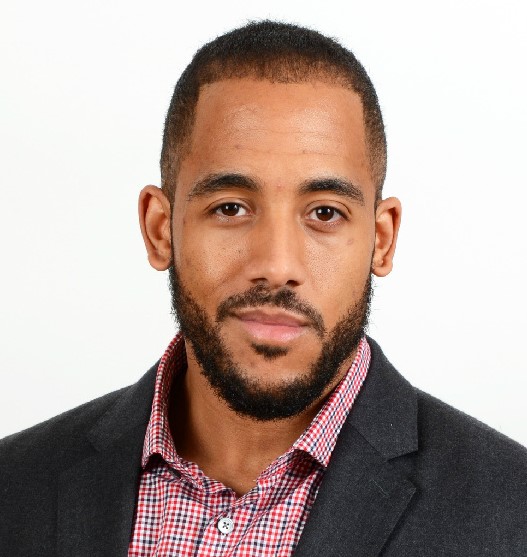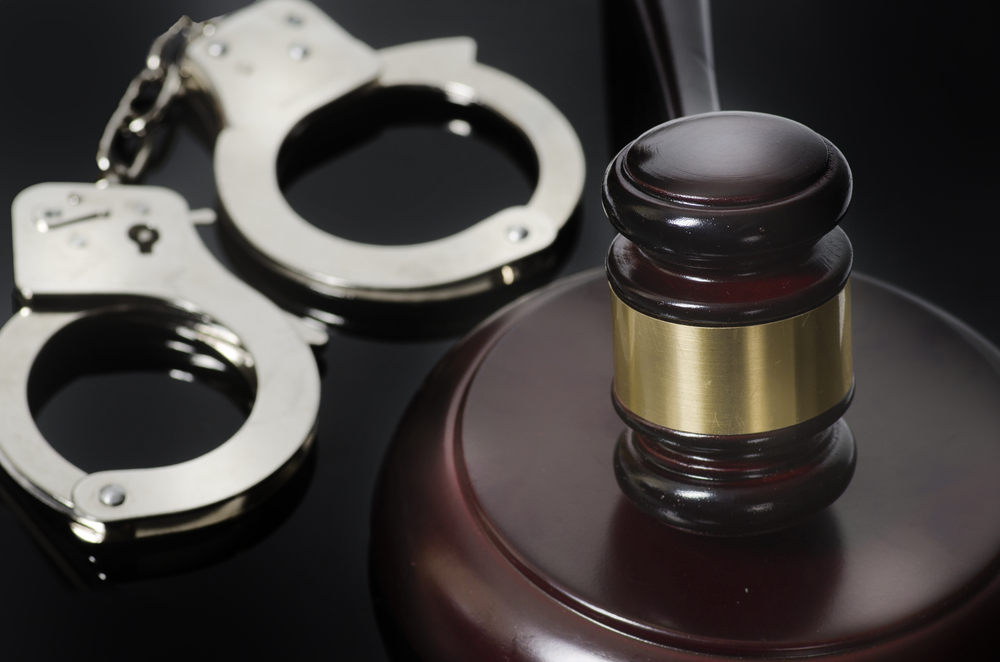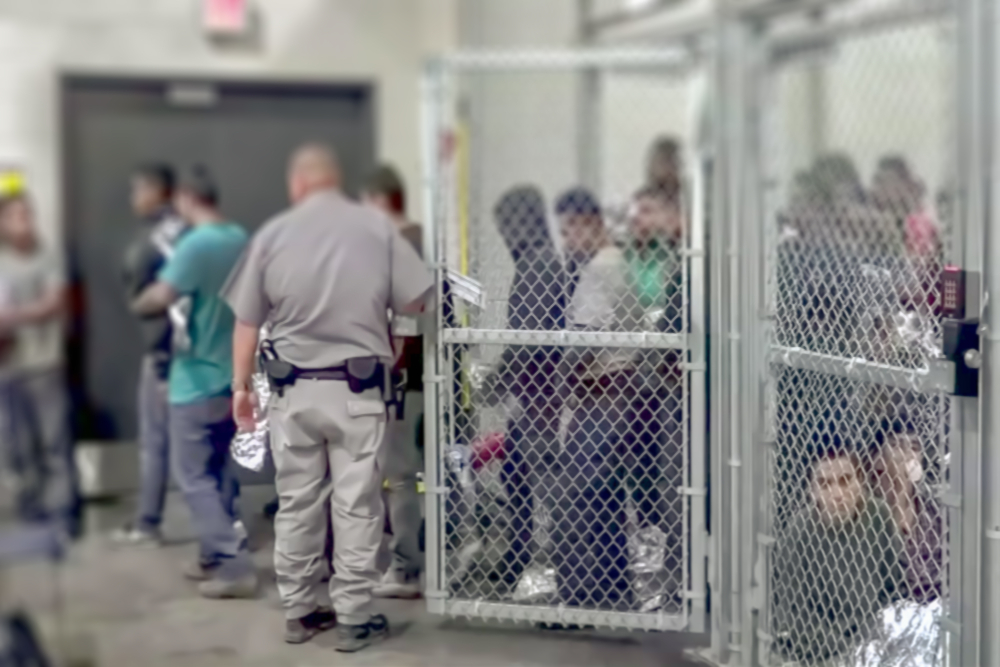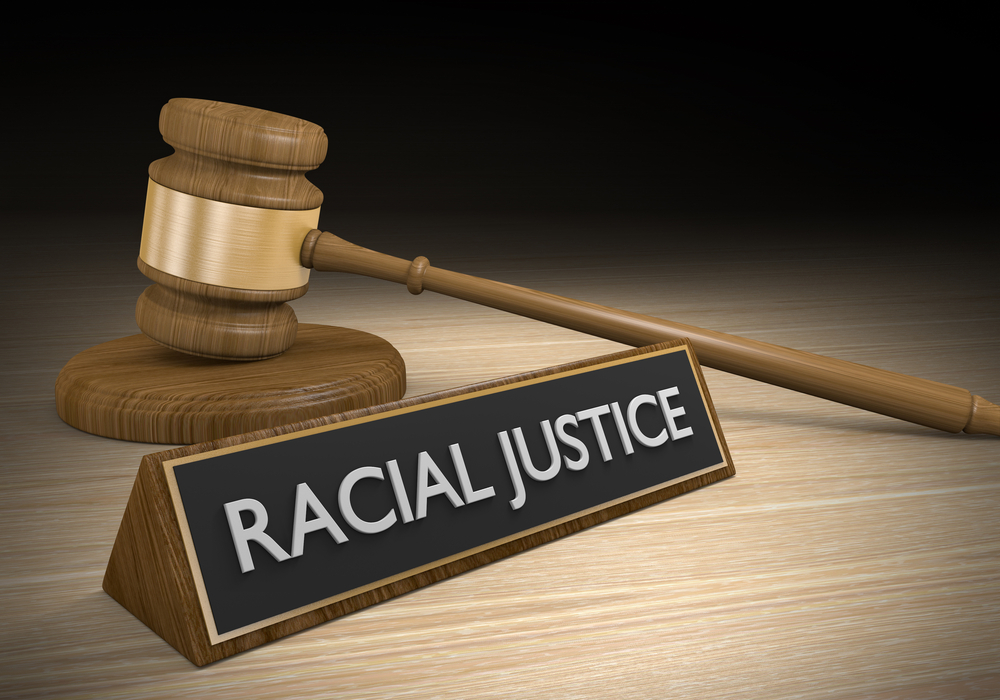Incoming President Joe Biden has said he will seek police reforms, end capital punishment in America and eliminate money bail.
As with any president, some things he can do, but in other cases he is limited by the powers of his office.
For example, he can stop federal executions, but he cannot dictate various states' policies on the death penalty. He can encourage better policing and hold officers more accountable for police brutality, though he cannot dictate police reform's pace and scope.
RELATED: Facial recognition software flawed, as government use increases
RELATED: Numbers of women behind bars are soaring, report says
Biden could also roll back some of President Donald Trump's policies and go further than the Obama administration did over eight years. He will face pressure to make immediate changes to the Department of Justice and while he can implement reforms of his own, Congress is expected to push back, making it hard for Biden to deliver on many of his announced criminal justice reforms, according to PBS Newshour.
The win in Georgia, which gives Democrats control of the Senate, cannot hurt. But to accomplish what he has put forth, he will need good partnerships in Congress, said Jamiles Lartey, a staff writer for The Marshall Project and the primary author of the report, What Joe Biden's Win Means for Criminal Justice.

"It's got to be clear exactly what a win means to Joe Biden," Lartey said. "The candidates run campaigns to find the right balance between what will excite their base and not dissuade moderates. That is what we see in his proposals. If he wants to win — and that means doing all the things he set out in his proposal — partnerships maybe."
"Coming off a presidential campaign revived by the support of Black voters in a year marked by national protests against racial injustice and police brutality, Biden is expected to address systemic racism and discrimination that persists in the criminal justice system," the PBS report states.
"When he takes office, Biden will have some powers to shape federal, state and local policing. He has pledged to launch robust investigations into patterns of local police misconduct, which could pave the way for long-term changes by providing a model and set of standards for agencies around the country, criminal justice researchers said."
Biden won election on the most progressive criminal justice platform of any major party candidate in many years, according to The Marshall Project report, which produces nonprofit journalism on criminal justice. A report states that Biden faces the same constraints other presidents have faced after making big campaign promises. "Government moves slowly, time and political capital are limited, and his administration will likely need to prioritize the pandemic and the related economic fallout in the early days."
If Biden is serious about tackling criminal justice, the report says, he must address certain key issues.
"Joe Biden promised to end private prisons, cash bail, mandatory-minimum sentencing and the death penalty," the Marshall Project report says. "Candidate Biden also said the U.S. could reduce its prison population by more than half."
However, he did not put forward "as progressive or as detailed a platform as many of his competitors for the Democratic nomination."
The incoming president also promised to revitalize federal investigations into departments demonstrating a pattern of civil rights violations, something routinely conducted by the Obama administration, then abandoned by Trump.
Just as the COVID-19 pandemic has been at the forefront for nearly a year, so, too, has police brutality. The public interest in these topics gives Biden the political capital to act, the report says. Still, since policing is primarily a local issue, it is hard to enforce on the federal level.
This country has some 18,000 law enforcement agencies, each with a different set of rules and procedures. Biden changes would likely be limited to either offering funding or threatening to cut off funding to departments, based on whether they follow Department of Justice guidelines.
That has been standard procedure for the feds since Biden led the charge to write the 1994 crime law, which contains "good, bad and ugly" provisions, Lartey said. "Biden, as a senator, was a big part of the changes and implementing the COPS program, or Community Oriented Policing Services, which is one of the major programs that funnels money into departments."
But federal money accounts for only 3% of local police department budgets.
"It's not nothing, but the comparison that is often made is to transportation,’’ Lartey said. "Every state sets the drinking age at 21 because if they don't, they don't receive transportation money" and that accounts for half of what states budget for transportation. Big difference, he said.
People in criminal justice expect Biden to build on relationships the Obama Administration's Task Force on 21st Century Policing began. That includes encouraging lawmakers to pass a version of the George Floyd Justice in Policing Act. It passed the House in 2020 but still sits idle in the Senate.
The bill could have a significant impact beyond what the Biden Administration can accomplish by setting a national use-of-force standard. That would make it easier to charge police with federal crimes and establish a national registry of misconduct among law enforcement officers.
There are many nonprofits around the nation ready to see changes in the criminal justice system and assist Biden in any way they can to move forward. Among those, the Charles Koch Foundation awarded a grant to Arizona State University's Sandra Day O'Connor College of Law to publish its new report entitled Reforming Criminal Justice. The four-volume publication includes input from 120 of the nation's leading academics and gives detailed analysis and policy proposals on 57 criminal justice issues.
Those in the criminal justice realm expect a lot from the new president.
He lost ground during the election when he began using the term "systemic racism" in policing discussions. In turn, police unions defected to the Trump campaign. Now it is time to see how this all comes out, since Biden, a member of the Obama administration, was the point person on law enforcement issues. He worked to aggressively investigate police departments accused of the use of racist practices and excessive force.
"In recent months, President-elect Joe Biden and Vice President-elect Kamala Harris have both been outspoken on this year's outpouring of racial turmoil, with Biden calling for ‘racial justice’ in a taped segment during Floyd's funeral in June," according to an article in TIME. "Harris has also spoken critically of high-profile incidents of police violence against Black civilians."
Community leaders and activists in cities with high-profile police violence incidents have set low expectations for the Biden Administration.
"I don't see systemic change coming from the new administration," Devren Washington, an organizer and activist in Philadelphia, told TIME. "It'll be a hard fight to get any top-down reforms from the Biden administration when it comes to policing."
Keturah Herron, an organizer with the Kentucky American Civil Liberties Union, told TIME that policing across the country is one reason the Democratic party is so divided right now. "The (Biden-Harris administration) has to take immediate action to help heal communities that have been overburdened by over-policing. Police officers have to be held to a higher standard than regular citizens."














